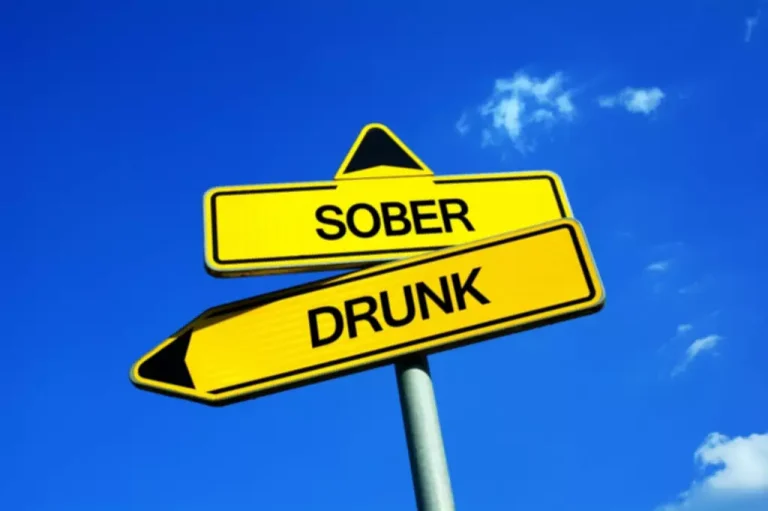
Staying hydrated is also crucial during alcohol detox, as it can help prevent or alleviate symptoms of dehydration, headaches, and fatigue commonly experienced during withdrawal 1. Whole, unprocessed grainscontainmore fiber as well as B vitamins, which are acommon deficiencyin alcohol abuse. Examples of whole grains include quinoa, brown rice and non-instant oatmeal. These provide essential vitamins, minerals, and antioxidants that aid in repairing bodily tissues and boosting the immune system. Opt for meals like stews or casseroles that are easy to cook and packed with nutrients.
How to strengthen family bonds after addiction recovery
Therefore, there is little risk of increasing blood alcohol content due to consuming food cooked in wine. When I’m consistently eating a lot of fat from whole food sources, my sense of well-being soars. To feel your best after quitting drinking, you’ll want to completely eliminate foods made with sugar or flour. Unlike fad diet programs, simple food substitutions can PERMANENTLY transform your health, mood, and physique – without any need to count your calories. This is because neural patterns are hard to break, especially when they involve a chemical dependency on sugar or junk food additives. Eating leafy greens regularly also helps keep the immune system strong, which is important for people recovering from a weakened immune system.
- Additionally, their high fiber content can help regulate blood sugar levels and promote bowel regularity.
- Protein from both animal and plant sources are broken down into amino acids that the body uses to repair cells.
- Drug rehab involves a comprehensive process of detoxification, personalized therapy, and ongoing aftercare to help individuals overcome substance abuse and maintain long-term sobriety.
- From recipe ideas to meal recommendations, I will give the rundown on all the healthy dining options that you didn’t know about.
- Ensuring adequate hydration throughout the day can lessen these cravings, contributing to a smoother recovery process.
Understanding the connection between mental health and addiction
- Doctors may recommend high doses of oral vitamin B supplementation containing B1, B2, B3, B6, and vitamin C for those undergoing alcohol detox due to potential nutrient absorption issues.
- Leafy greens like spinach, collard greens, turnip greens, or romaine lettuce are also great choices (please note that cooking any leafy green diminishes the vitamin B content).
- Prioritize self-care, listen to your body, and take charge of your recovery through mindful eating.
- Before starting any supplement regimen, it’s crucial to consult with a healthcare professional or nutritionist.
Loss of appetite is one of the signs of liver diseases like cirrhosis and alcoholic hepatitis. When you drink too much, you’re more likely to eat foods that are high in added sugar, salt, and saturated fat. Alcohol can severely impact the pancreas, leading to inflammation and increased pain. These grains are easier on the digestive system and offer sustained energy, vital for recovery. There are a number of healthy practices that people can adopt to increase their wellbeing and contribute to reducing the risk of relapse.

3 Vitamin B12: Supporting Neurological Function
To find affordable care, explore insurance options, government programs, and drug addiction financial assistance. Explore the complex relationship between wealth and addiction, from societal influences to treatment access. Explore the lesser-known consequence of drug abuse and limb loss, its causes, and recovery options. Discover effective methods for plugging the hole in addiction recovery with sustainable solutions and strategies. Discover the difference between slip and relapse to better navigate the journey of addiction recovery.
New Study Shows Alarming Information About Daily Adolescent Substance Use
This sample meal plan emphasizes nutrient-dense foods that are gentle on your digestive system while providing the necessary building blocks for recovery. Excess sugar can lead to weight gain and spikes in blood sugar levels, which can complicate recovery. While it’s necessary to limit fat intake, incorporating healthy fats in moderation is beneficial for overall health. Alcohol and other drugs can damage or shut down the body’s digestive processes, which can prevent the brain from receiving proper nourishment. While discussing food choices, it’s equally crucial to address the importance of hydration.

The Importance of Nutrition During Alcohol Detox
This includes replenishing the body’s vitamin stores, particularly deficiencies in vitamin B6, thiamine, and folic acid. At All the Way Well, we understand that recovery is a journey best traveled with support. We offer peer recovery coaching and a range of resources to help individuals build a solid foundation for long-term sobriety. Our holistic approach includes nutritional guidance, mental health support, and sober living assistance to ensure you have the tools necessary for a healthy, fulfilling life in recovery. Chronic alcohol consumption can significantly impair the body’s ability to absorb and utilize essential nutrients, leading to notable vitamin deficiencies.

Processed and Refined Foods
- The process of detoxification also provides an opportunity to establish healthier eating habits.
- Achieving nutritional balance is essential in repairing the harm addiction does to the body.
- Annually, alcohol is linked to over 178,000 deaths in the U.S., making it one of the leading preventable causes of death.
- Certain foods can hinder the recovery process and lead to negative physical and emotional effects.
Foods high in sugar and refined carbohydrates can lead to mood swings and cravings, similar to those experienced with alcohol. The body’s response to sugar can often mimic alcohol cravings, making it crucial to limit intake of these foods. Complex carbohydrates like whole grains and legumes serve as excellent energy sources. They provide a steady release of glucose into the bloodstream, which is particularly beneficial as alcohol can disrupt normal blood sugar levels. Recovering alcoholics should aim to identify their personal triggers and avoid them as much as possible.

Part 3: Long-Term Nutritional Strategies and Support

Understanding the impact of alcohol on nutritional deficiencies and the benefits of maintaining a balanced diet are best diet for recovering alcoholic essential components of a successful detox program. Highly processed foods tend to lack essential nutrients, as they often contain additives and unhealthy fats. These foods can also contribute to inflammation, which can exacerbate withdrawal symptoms and feelings of depression. Incorporating these hydrating and detoxifying fluids into the diet of recovering alcoholics can contribute to their overall well-being and support their journey towards recovery. It can disrupt your sleep, damage your liver, and leave you lacking in nutrients.
